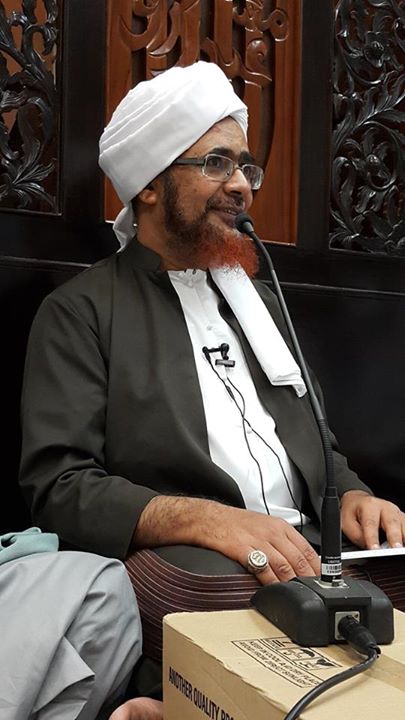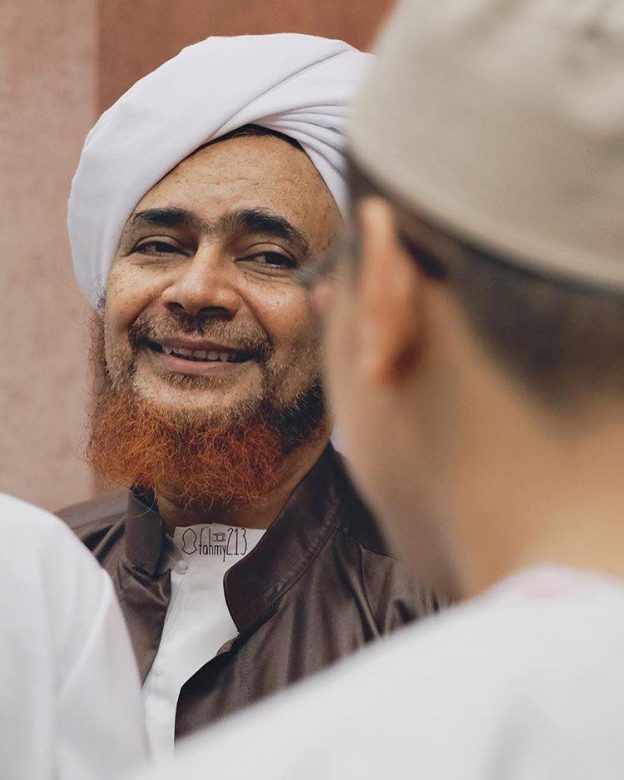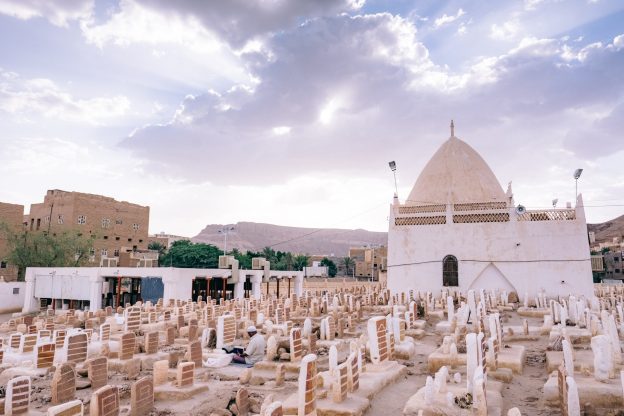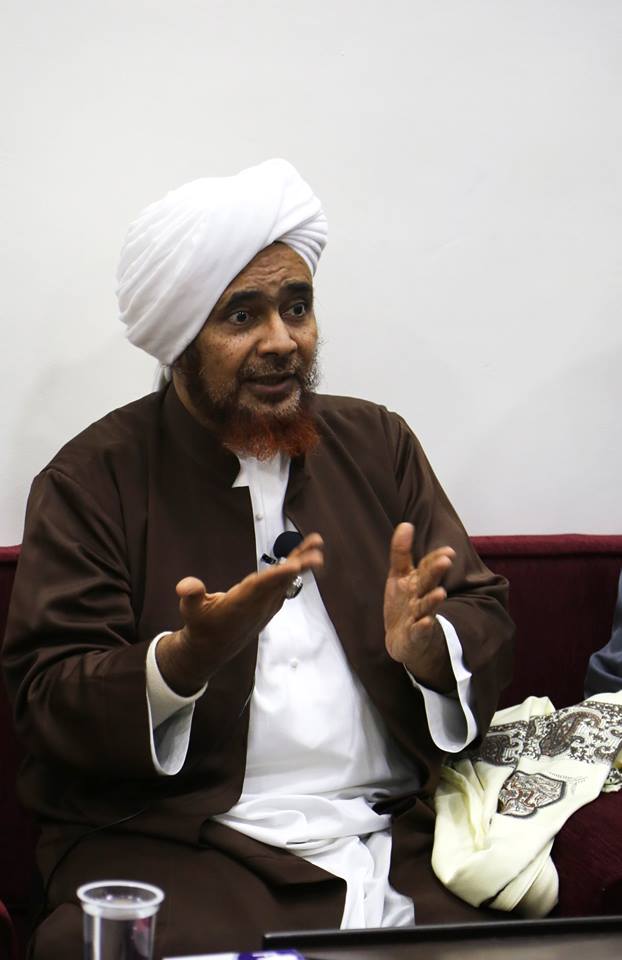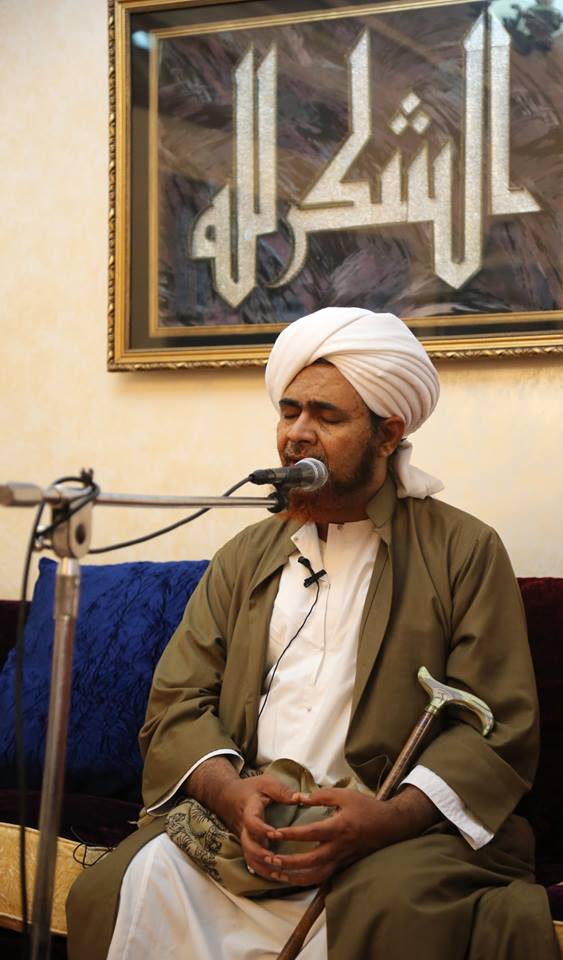Answered by Sayyidi Habib Umar bin Hafiz (may Allah protect him and benefit us by him).
Before I visit the Prophet ﷺ and Sayyidah Khadijah (may Allah be pleased with her) I have many things in my heart that I wish to express but when I get there my mind goes blank. What should I do?
Your standing in those places suffices even if you do not say anything. Habib `Alawi bin Shihab said that he knew the intention of anyone that was coming to visit him when they passed Masjid Surur, before even reaching his house. If that was his state, how much greater is the knowledge of the Messenger of Allah and Sayyidah Khadijah of those visiting them? Someone complained to Imam al-Haddad that he would visit Sayyiduna al-Faqih al-Muqaddam and his heart would be full of needs but when he reached the grave he forgot everything. Imam al-Haddad informed him that merely reaching al-Faqih al-Muqaddam was enough.


